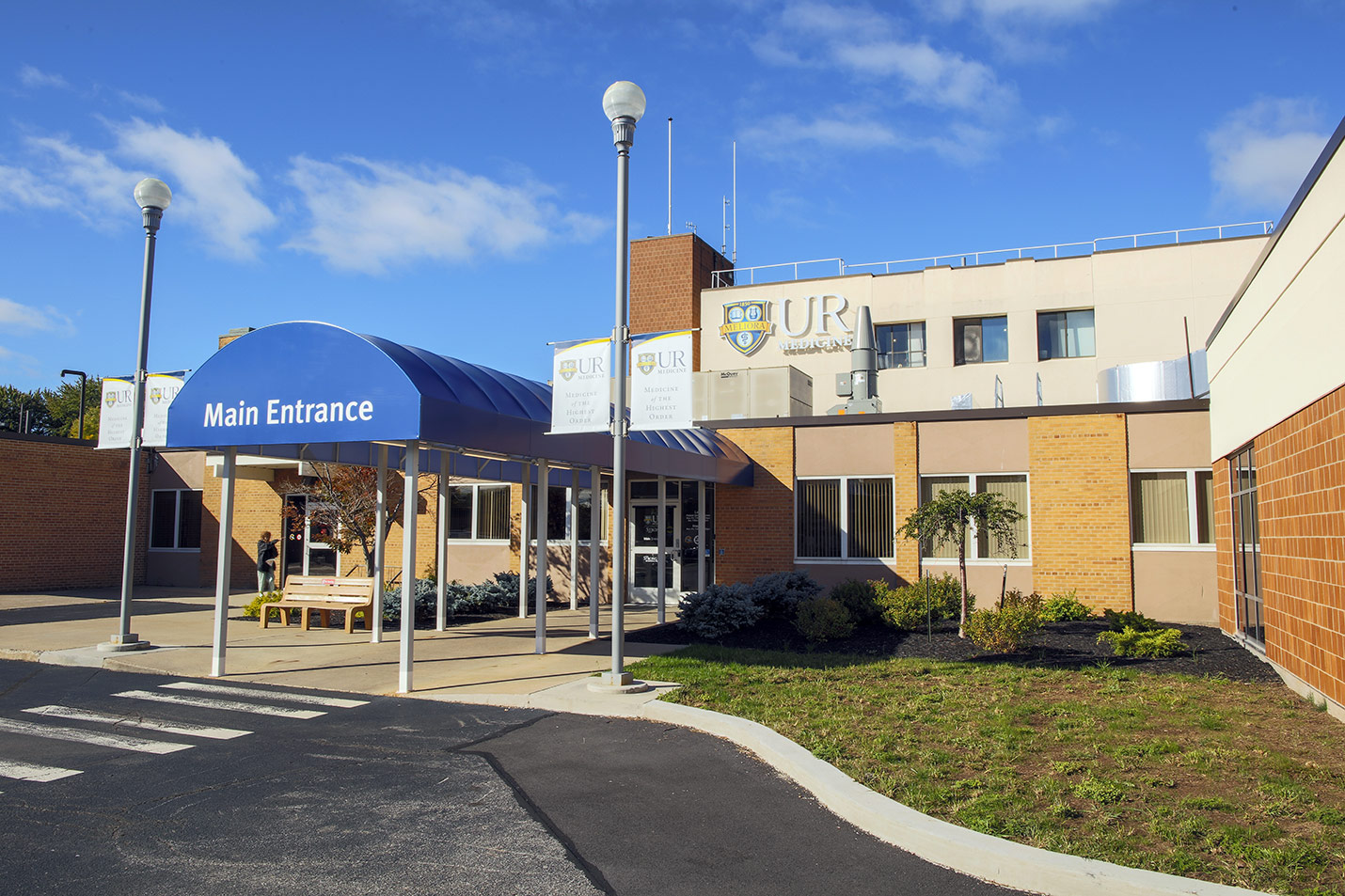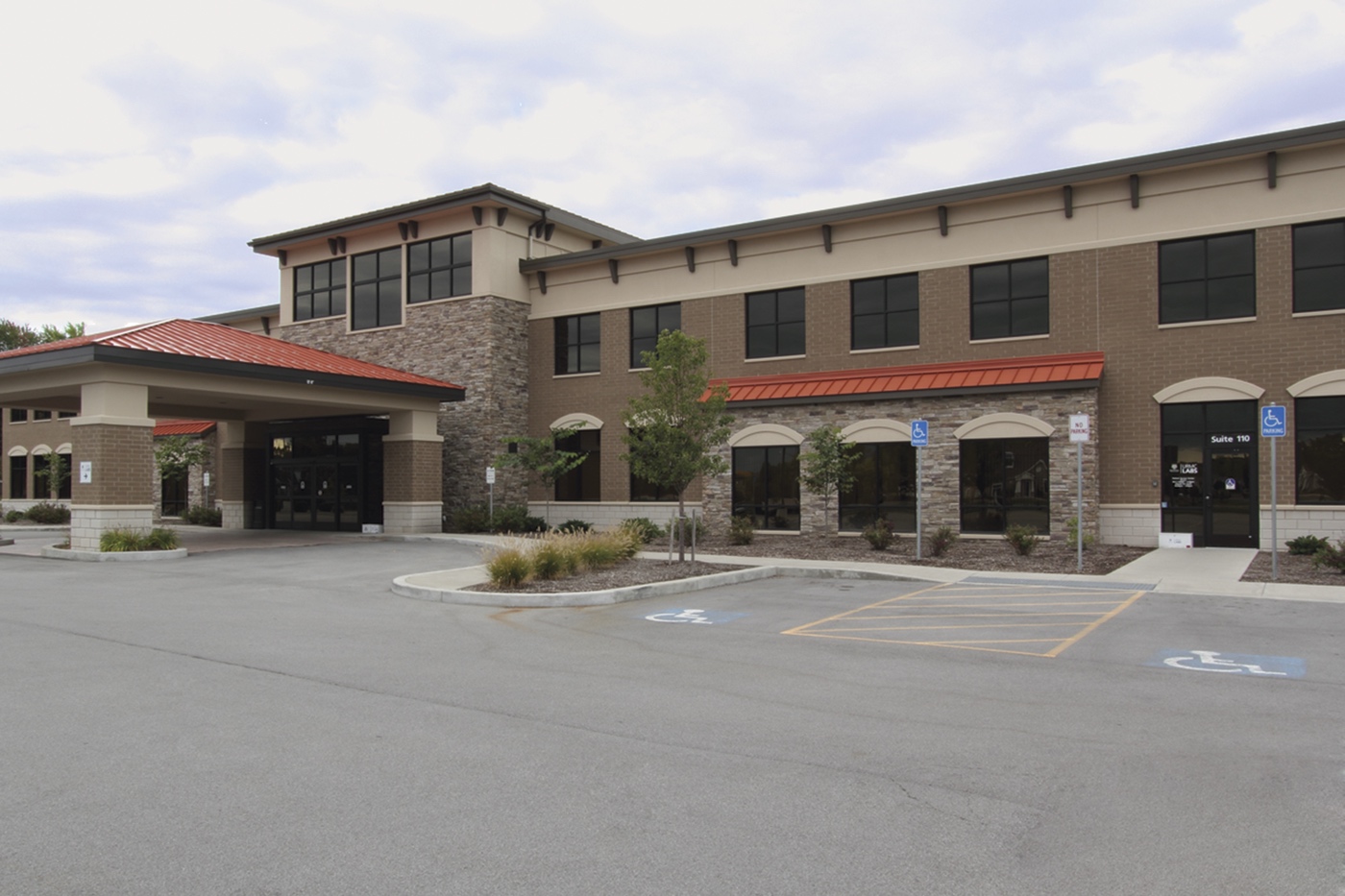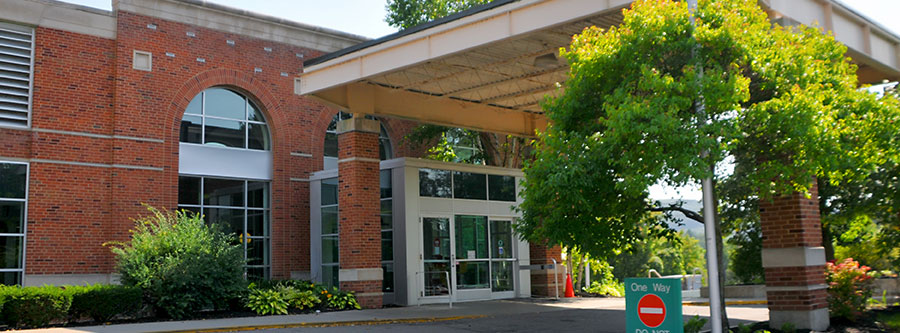Urinary Incontinence
Make Appointments & Get Care
What is Urinary Incontinence?
Incontinence—sometimes called "urinary incontinence"—is the inability to hold urine in the bladder.
There are several types of urinary incontinence:
- Stress incontinence occurs with movement that puts pressure on the bladder (such as coughing, sneezing, laughing, exercise) causing small amounts of urine to leak. It occurs more often in women and is caused by weakened muscles and tissues around the bladder and urethra.
- Urge incontinence, also called overactive bladder, is the inability to hold urine long enough to reach the bathroom. Symptoms include increased urge to urinate and frequent urination. People with certain medical conditions, such as diabetes, stroke, dementia, Parkinson’s disease, or multiple sclerosis are at higher risk of developing urge incontinence.
- Mixed incontinence is a combination of stress and urge incontinence.
- Urinary incontinence with chronic urinary retention occurs when the bladder doesn't empty completely during normal urination, allowing small amounts of urine to leak out unexpectedly.
- Functional incontinence occurs when physical disabilities, external obstacles, or problems with thinking or communicating prevent a person from getting to a bathroom in time.
- Transient incontinence is caused by a temporary condition, such as an infection or medication.
Schedule an appointment with a UR Medicine provider.
Call (585) 275-2838UR Medicine's Treatments for Urinary Incontinence
UR Medicine takes a ladder approach to treating urinary incontinence, beginning with the least invasive and lowest-risk options.
Diagnosing Urinary Incontinence
Your provider may ask you a series of questions to help identify your type of incontinence along with any patterns. Common diagnostic tests include:
- Urinalysis and urine culture to check for a urinary tract infection, blood in the urine, or other abnormalities in the urine.
- Pelvic examination to assess for abnormalities of the pelvic organs, muscles, and nerves.
- Post-void residual (PVR) measurement to check the bladder's ability to completely empty itself.
- Stress tests to check for urine loss as you cough.
- Urodynamics to evaluate how the bladder and urethra are functioning.
Treating Urinary Incontinence
Your provider may use a combination of treatments, including:
- Behavioral and dietary changes
- Weight loss and quitting smoking
- Pelvic floor physical therapy
- Pessaries for stress incontinence (silicone rings that fit in the vagina and support the bladder and urethra)
- Medications for urge incontinence and overactive bladder
- Nerve stimulation treatments for urge incontinence, overactive bladder, and chronic urinary retention including tibial nerve stimulation, sacro-neuromodulation, and bladder Botox injections
- Surgeries for stress incontinence including slings and bulking agent injections
Surgery is usually only recommended when other treatments fail, or if there are structural issues that can only be corrected surgically.
What Sets Us Apart?
UR Medicine Urogynecology & Urology practices provide comprehensive evaluation and treatment for urinary incontinence. Our providers lead research in the causes and treatment of urinary incontinence and stay up to date on the latest treatment options to provide you with the highest level of care.
Our Adult Pelvic Health & Continence Care program is one of the few practices in the nation to provide a coordinated, multidisciplinary approach to conditions like urinary incontinence. Nationally recognized experts from UR Medicine Urogynecology, UR Medicine Urology, and other related specialties work together to provide a full-spectrum of custom-tailored treatment options for each patient.
Locations
View All LocationsWe serve you in the Rochester metropolitan area and surrounding region.
View All Locations16 locations
500 Red Creek Drive, Suite 120
Rochester, NY 14623





